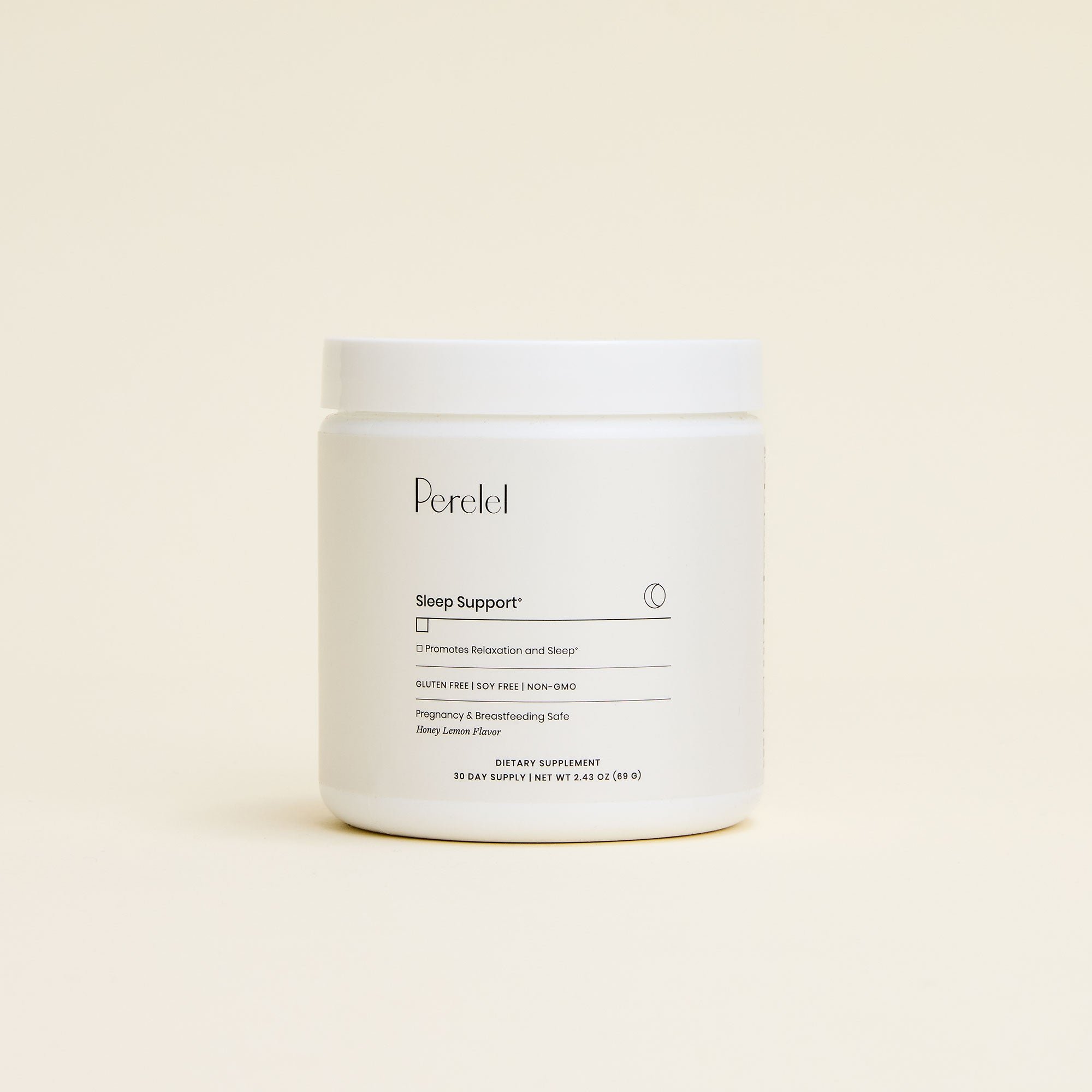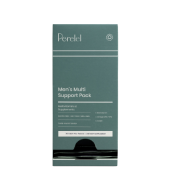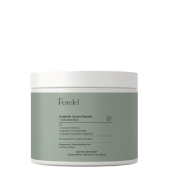We’re quickly coming up on summer, which means travel is on the horizon for a lot of us. Of course, this also means there will likely be disruptions to our schedules—the good and the bad! And, when you're deciding between packing that extra pair of shoes—or hauling your supplements overseas—we know it can be tempting to bid your vitamins adieu.
But, whether you have a flurry of weekend getaways or a big overseas trip planned—it’s key to understand why taking your vitamins on vacation is important. To give us the lowdown on how we can stay on track on holiday and beyond, we chatted with Dr. Caitlin O’Connor, a naturopathic doctor and midwife, to get her perspective. Dr. O’Connor shares why establishing a cadence before you go is always a good idea along with ways to give yourself visual cues. Just because you are OOO, doesn’t mean your vitamin routine needs to be, too.
Why do we need a routine?
First off, make sure you have an established routine before you take off. This helps with consistency while away, so when you travel you’re already in a decent groove. “Sometimes when people break routine it's hard to get back into it,” O’Connor shares. “If people don’t have a plan in place they might be thrown off and fall off track for a while. Some people are always traveling, so if they’re continually falling off course, they won't benefit from their supplements around the time it starts actually making a difference.” According to Dr. O’Connor, it takes approximately eight to 12 weeks before you really start to feel the benefits.
Consistency matters
“Some people are always traveling, so if they’re continually falling off course, they won't benefit from their supplements around the time it starts making a difference,” says Dr. O’Connor. “You need at least eight to 12 weeks of taking something consistently to notice benefits,” she shares. “Based on our observations, if certain nutrients are depleted, it takes a bit to get back to baseline. People will start to feel a difference once those deposits are filled and the body can do all the things it would typically do with those essential nutrients in place.” Give it time. Long-term vitamin intake not only manages current health concerns but optimizes overall health, as well.
How do I establish a routine around taking vitamins?
With any habit, making a frequent practice out of it matters and one of the easiest ways to start is to put your daily supplements in plain sight. “One thing I have people do is put your vitamins somewhere you can see them,” shares O’Conner. “If they take with them food, I would have them get a basket or put it out in the kitchen versus a drawer. If they are taken at night, have them on the nightstand in something that looks cute and uncluttered but isn't hidden away from your eyes,” she shares. “Visibility is key.”
How do I stick to this routine when traveling?
When you’re traveling, it can be tough to follow a routine. After all, you’re away from home and your internal clock might be thrown for a loop, too. One thing Dr. O’Connor suggests is setting recurring phone alarms for on-the-go reminders. “Automating things so that folks can get alerts at the time you want to take them is great,” she shares. She also emphasizes convenience being a big piece of the puzzle. "The great thing about Perelel is that the packs are easy to travel with and are convenient,” she adds. “They are also great from a consistency point of view. You can see how many are left in the pack and can see how regular you've been throughout your trip. If you’re going to be anywhere for a longer duration of time, definitely take your vitamins out of the suitcase and put it in the bathroom or somewhere else easily accessible.”
Shop the Article:
How bad is it if I miss a day?
So, you’re traveling... and amidst the marathon days you realize you missed a day (or two) of your vitamins (it happens). Thankfully, Dr. O’Connor says you don’t have to sweat it too much. “I think the biggest difference between supplements and medication is that you aren't throwing off the body’s biochemistry,” Dr. O’Connor says. “We take them for a cumulative benefit. We’re looking for consistency over time and we don't need to get it perfect all the time,” she says. However, if you do happen to skip a day, don’t double up the next time you take them—it’s best to pick up where you left off to keep the intake aligned with the recommended amount. “Typically, vitamins are formulated by how much you can absorb at once,” O’Connor shares. “Taking more will often exceed what the body can use and increase risk of side effects, like nausea.”
What about prenatals?
While the above might be true about multivitamins, with prenatals it’s a little different. “You're working with a preventative goal in mind,” O’Connor shares. Many take prenatals to give their baby a healthy start from the beginning and to support a healthy pregnancy—and you’re not going to notice the effects in the same way you would a multivitamin. “There is not a change in the symptom picture,” says O’Connor. But it’s important to understand how consistently taking prenatals encourages healthy fetal growth and potentially reduces complications. So, staying on top of taking them throughout your pregnancy is beneficial.
In other words? Do your best! Bring your vitamin packs with you when you're out and about, and if you’re looking for supplements you can seamlessly take while on vacay, be sure to check out Perelel’s multi-pack vitamins.
Read next: 5 travel-friendly wellness rituals you can actually keep up with.































